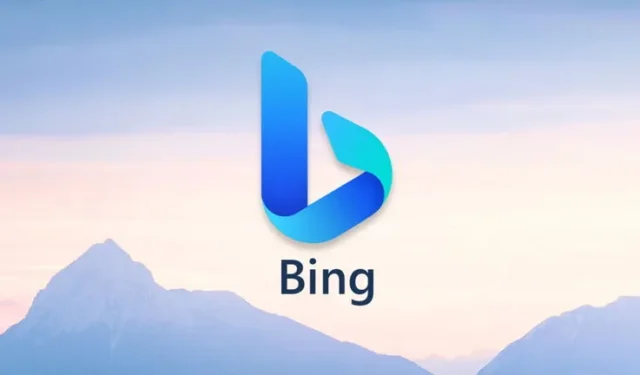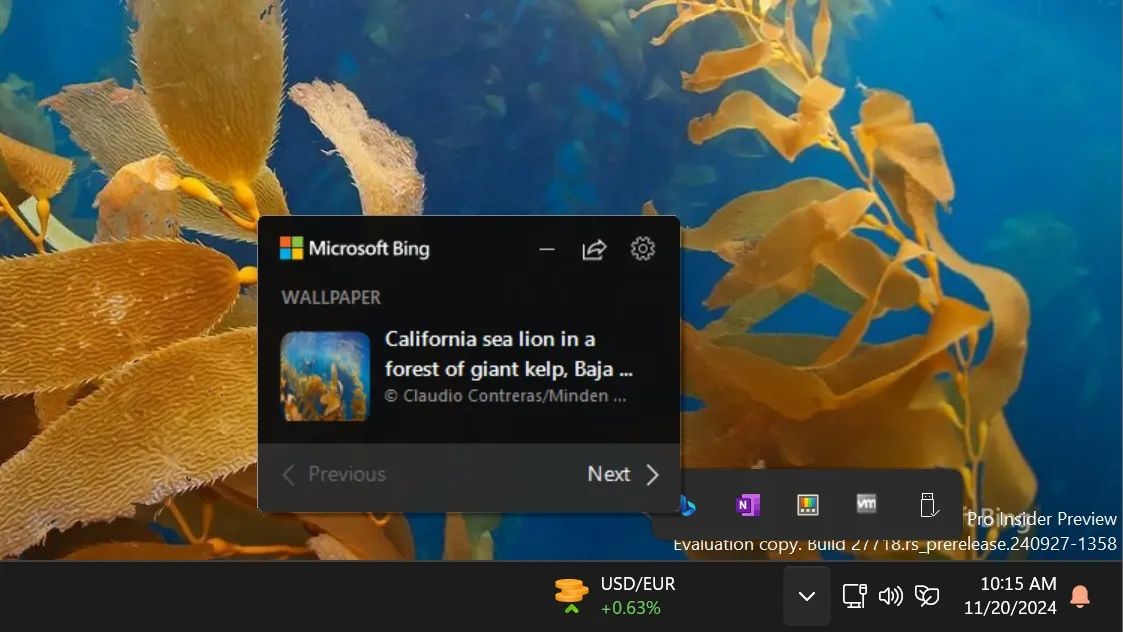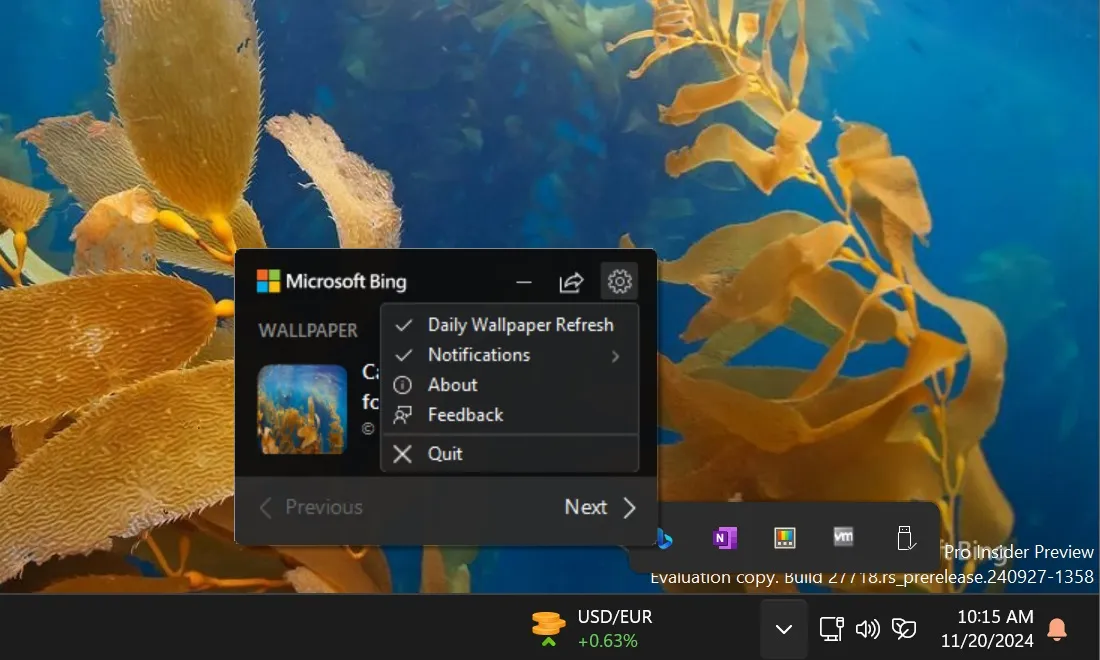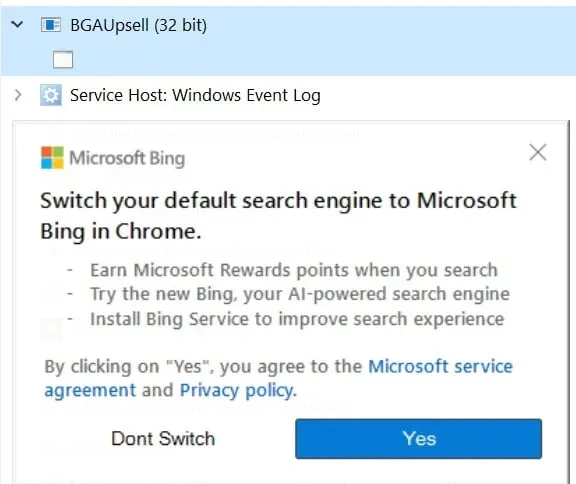Potential Downsides of the New Bing Wallpaper App

Essential Information
- Microsoft has introduced the Bing Wallpaper application on the Microsoft Store, which raises issues regarding privacy and user tracking.
- The application possesses embedded tracking features that can access and decrypt cookies from browsers such as Edge, Chrome, and Firefox.
- Experts in cybersecurity are cautioning about the app’s forceful promotion of Microsoft’s products and its invasive monitoring of user activity.
The Bing Wallpaper application is now available for Windows 10 and 11 users on the Microsoft Store. Although it showcases stunning daily wallpapers sourced from Bing’s homepage, security analysts have identified troubling privacy concerns beneath its appealing exterior.
The Bing Wallpaper app is now in the Microsoft Store, and it does not cost $50 per year https://t.co/FPE7pUTm38
— Michael Schechter (@mikeschechter) November 18, 2024
Upon installation, the app quickly integrates into the system tray, running in the background without drawing attention. Its user interface feels outdated, lacking the contemporary aesthetics of Windows 11, and provides minimal functionality—users can only view a limited selection of wallpapers and adjust basic settings via the system tray icon.


This app employs advanced technology, utilizing AES-256 encryption for its configuration and a unique code mechanism to secure its files. It creates a registry entry at HKCU\Software\Microsoft\BingWallpaperApp\Switch, enabling users to terminate the app by inserting “KILL” in the registry—a peculiar characteristic for a straightforward wallpaper app.
Tech analysts have found that this app also automatically installs Bing Visual Search and contains code that can access and decrypt cookies from multiple browsers. This functionality raises the potential for the app to track users’ browsing habits and gather sensitive personal data without their consent.
The app’s predatory marketing strategies have been criticized as well. Users are reporting frequent pop-up advertisements and redirects that encourage using Microsoft Edge and the Bing search engine. The app persistently tries to modify default browser settings and adds browser extensions, particularly affecting Chrome users with annoying promotional prompts.

Although the application is free, contrasting with some competitors that require subscriptions, cybersecurity professionals are expressing doubts about whether the privacy sacrifices are justified. Some developers have even likened it to unwanted software, urging users to be cautious prior to installation.
Source: Microsoft | Via: Windows Latest


Leave a Reply